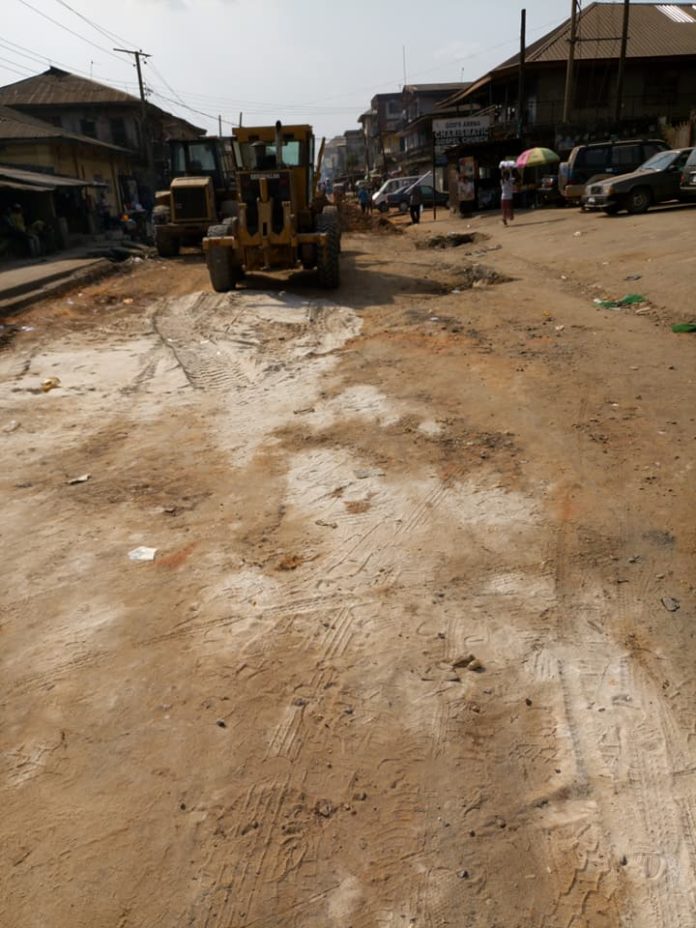Drive anywhere in Nigeria, and it won’t take you long to find evidence of a broken system: cracked highways, cratered city streets, and rural roads that are somehow impassable. For decades, the conversation around bad roads has centred on inconvenience and traffic. But there’s a deeper and less talked-about consequence, and this is the toll these bad roads are taking on our economy.
Road transportation remains the backbone of commerce in Nigeria, and over 90 percent of goods and passengers are moved by roads, according to the National Bureau of Statistics (NBS). Yet, many of these roads are in poor condition, making delivery times slow, increasing fuel costs, and the lifespan of vehicles drops dramatically. So, who pays for this inefficiency? The consumers, business owners, and the government all lose in different ways, albeit.
A 2022 report by the World Bank estimated that Nigeria loses about $1 billion annually due to poor road infrastructure. This includes losses from increased travel times, higher vehicle operating costs, and goods damaged in transit. Can a developing economy afford such a loss year after year? Especially when capital budgets are shrinking and inflation is rising? This is clearly NO.
Let’s even consider the agricultural sector. Farmers in Benue or Taraba often struggle to get their produce to markets in Lagos or Port Harcourt due to inaccessible rural roads. And the result of that is definitely food waste. The Nigerian Stored Products Research Institute even estimates that up to 40 percent of food produced in the country never reaches the final consumer, largely due to transportation and logistics challenges. Isn’t this concerning for a country not free from food shortages? In urban areas, the economic cost translates to lost productivity. Workers spend hours in traffic jams caused by bad roads. This isn’t just about time; it’s about GDP. How many work hours are lost daily due to roads that were either poorly constructed or left unrepaired for decades? How much value is drained from the economy by this everyday inefficiency?
Poor infrastructure in Nigeria negatively impacts foreign investment, with only $3.7 billion in FDI attracted in 2023. This decline is attributed to slow emergency responses, difficulty accessing volatile areas, and complicating enforcement in regions plagued by banditry or communal clashes, making national security an economic issue.
The Nigerian government’s ambitious road projects, funded between 2015 and 2022, have been abandoned or under-delivered, according to BudgIT’s 2023 report. This highlights the need for accountability in this critical sector, as fixing Nigeria’s roads is not just a convenience but an economic imperative for future competitiveness.
